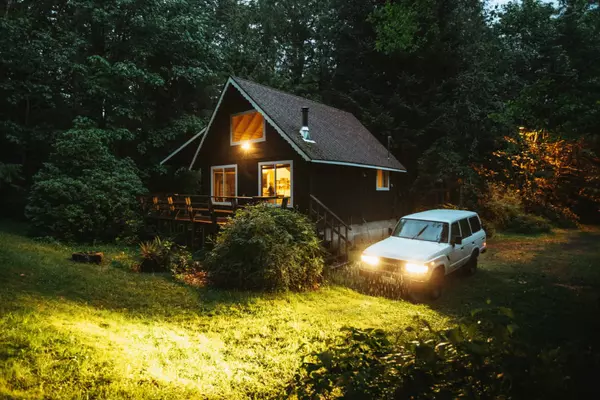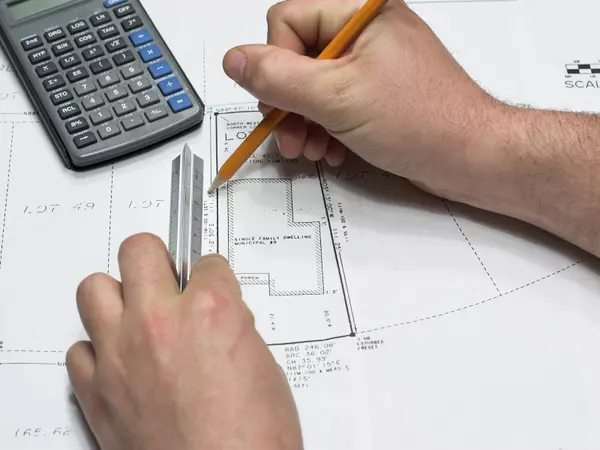Resources
Explore below to discover tips and tricks to make the most of your buying and selling experience.

New Home Just In Time For the Holidays
Making Your New Home Feel Like Home for the Holidays Buying a new home is an exciting milestone, but moving in during the holiday season can feel overwhelming. Between unpacking boxes and navigating your new space, creating that cozy, familiar holiday vibe might seem daunting. Don’t w

Home Maintenance Tips for November
1. Clear Gutters and Downspouts Frequent rain and leaves in the fall can clog gutters, leading to water overflow and possible roof damage. Check for any obstructions and consider installing gutter guards to reduce buildup. 2. Inspect the Roof The wet and windy season can be hard on roofs. Look f

3 Reasons Fall Is a Great Time to Sell Your Home
Fall Is a Great Time to Sell Your Home Buyers act quickly as they are eager to get into their home before the Holidays: Many homebuyers aim to finalize their purchases and move in before the holiday season for several reasons: Holiday Stability: Families desire to settle into their new home before
Recent Posts










